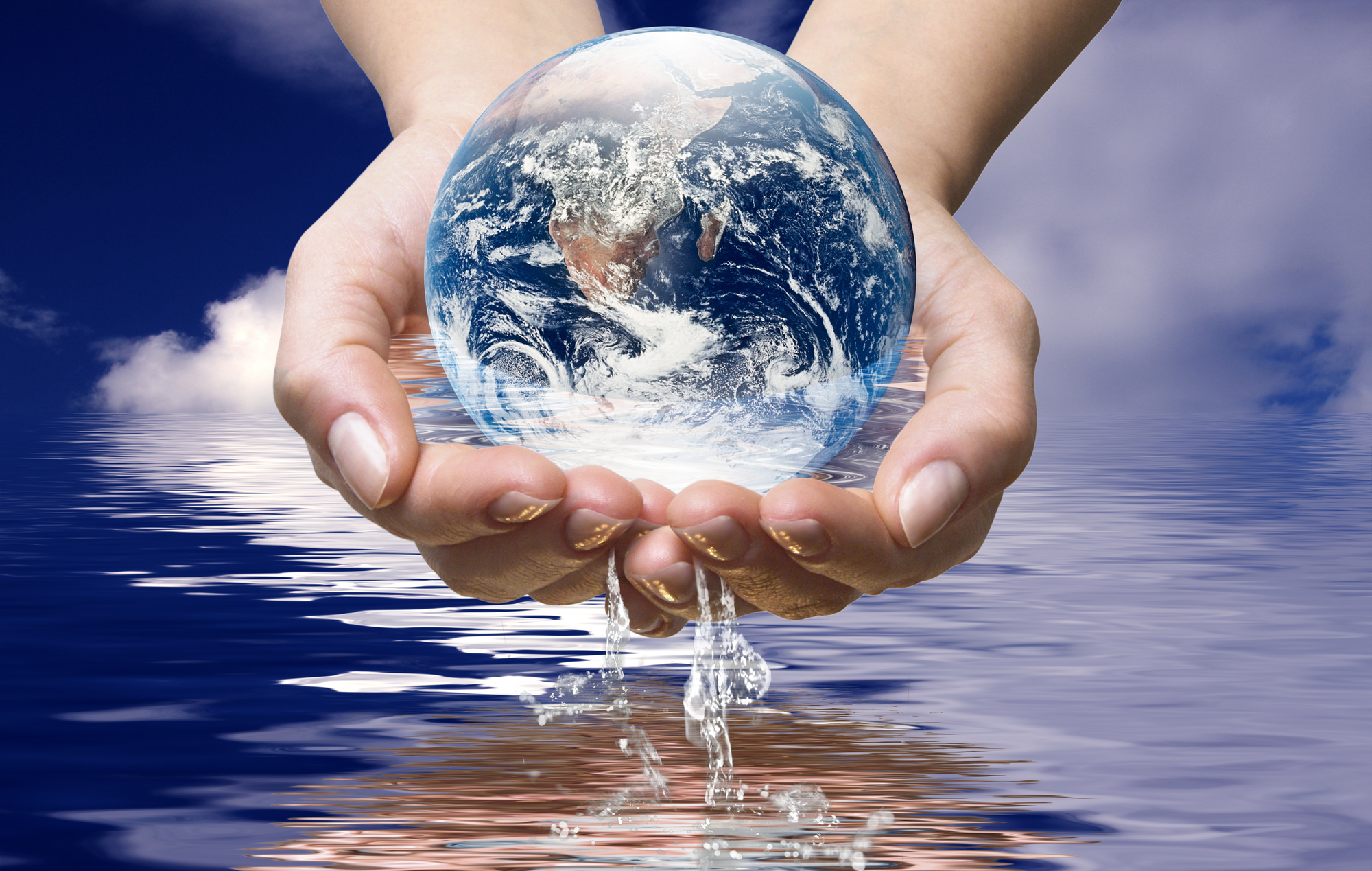
The importance of the partnership between the European Union (EU) and Brazil in research and development of innovative solutions to face the challenges of water management and use was highlighted during the International Symposium "The role of science, technology and innovation in global water challenges", which gathered 110 participants last 20th of March, at the premises of the Ministry of Science, Technology, Innovation and Communications (MCTIC) in Brasilia.
Organized by the EU-Brazil Sector Dialogues Support Facility in partnership with MCTIC, European Commission's DG Research and Innovation (DG RTD) and Water JPI, the symposium took place as a side event to the 8th World Water Forum to promote the bilateral political debate on water challenges and their relationship to other major challenges, such as health and well-being, sanitation, sustainable cities, climate change and socio-economic development.
"The scale of the challenges on water makes us think about how to work together. We already do so, but we must do more. We have an absolute need to find innovative solutions, not only for immediate problems, but also, for instance, for issues such as employment. Three out of four jobs in the world depend on water. That is why the EU has put water at the epicenter of the research programs it has supported for many years and should continue to do so in the future, "said Ambassador João Gomes Cravinho, Head of the Delegation of the European Union in Brazil, in his speech at the opening of the event.
MCTIC's Secretary of Technological Development and Innovation, Dr. Álvaro Prata, emphasized that science and technology are decisive for sanitation policies, "a very critical issue for Brazil", for water crises and for resource management. "MCTIC, in partnership with the European Union, has done several bilateral actions and, in this water issue, we will further tighten our commitments", he said.
According to Professor Dr. Christian Kazner, from the University of Applied Sciences and Arts, Northwestern Switzerland, pollution poses risks to water quality and generates high-cost health challenges, thus demanding advanced technology. "The techniques to treat the water we consume are still very expensive and the quality of water is a resource that is becoming increasingly scarce. Water reuse technologies can be a solution also for human consumption, but very few countries adopt reusable water for consumption. There is still a lot of prejudice around this topic”, he explained.
In the case of Brazil, a solution would be the desalination of sea water, as noted by the expert on water resources and sanitation, Professor Dr. António Eduardo Lanna. "All the Brazilian capitals are currently going through a serious water crisis or may face this in the near future. Most capitals are close to the sea, this is an interesting feature of our territory, thus opening new possibilities for science and technology", he said.
Making the closing remarks of the symposium, Deputy Director General of DG RTD, Dr. Joanna Drake, stressed that water challenges are also an opportunity. "Investing in water means creating jobs and continuing to focus on sustainable growth. To give a concrete example, in the EU the wastewater treatment sector moves around 100 billion euros per year and generates around 600 thousand jobs. Innovation is the key to enhancing this potential. This confirms that we have to put science and policy together", she said.
Drake invited the participants of the event to consider the next steps of the EU-Brazil partnership. According to her, the Sector Dialogues are a promising path in this direction. "I would like to invite the Ministers responsible for science and the environment and the states Secretaries who deal with water policies to join us in building such cooperation. In this way, we can not only discuss, but also implement specific actions."
See here more of the EU - Brazil Sector Dialogues Support Facility - Phase IV
April 2018
